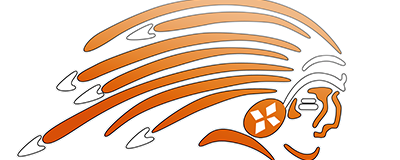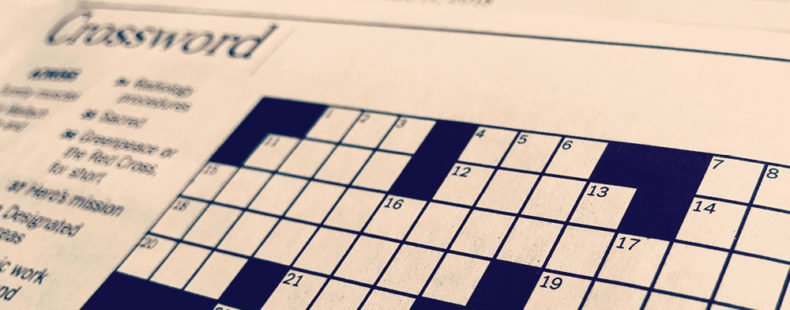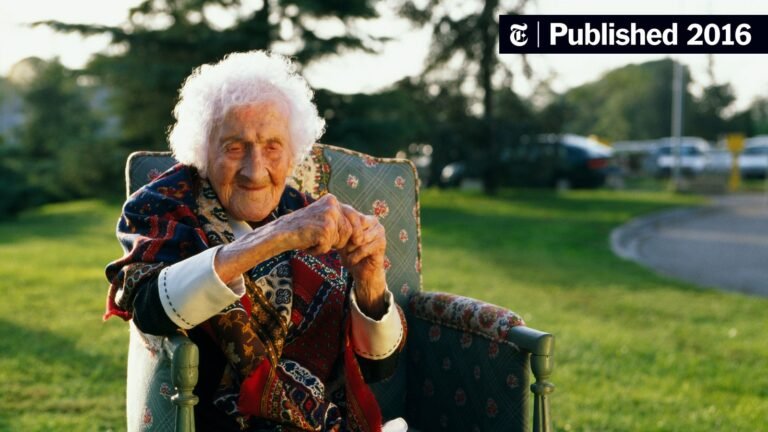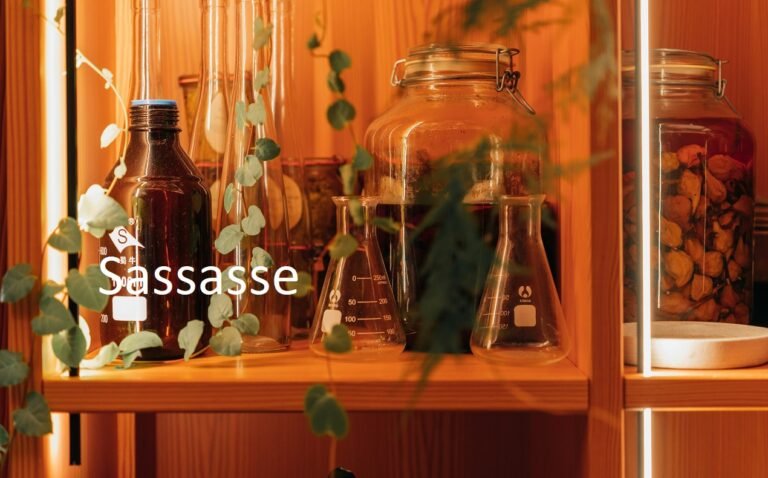The NY Times Crossword: A Guide to Overcoming Exhaustion
Introduction to the NY Times Crossword
Are you feeling utterly exhausted and drained from the daily grind? Well, what if I told you that there’s a fun and challenging way to combat fatigue and boost your mental sharpness? Enter the beloved NY Times Crossword! This iconic puzzle isn’t just a time-killer; it’s an effective tool for rejuvenating your mind and energizing your spirit. So, grab a pencil, sharpen your wits, and let’s dive into the world of crossword puzzles as we explore how they can help you conquer exhaustion!
The Benefits of Solving Crosswords for Exhaustion
Solving crosswords, especially the NY Times Crossword, can be a powerful tool in combating exhaustion. The mental stimulation and focus required to decipher clues and fill in answers engage your brain in a constructive way. It serves as a refreshing break from the constant demands of daily life.
Crossword puzzles provide a sense of accomplishment and satisfaction when you successfully complete them. This boost in confidence can help alleviate feelings of fatigue or burnout. Engaging with challenging tasks like crosswords can also improve cognitive function and memory retention over time.
By immersing yourself into solving crosswords regularly, you are actively exercising your mind and sharpening your problem-solving skills. This mental workout not only offers a welcome distraction from stress but also enhances concentration and mental agility.
The benefits of solving crosswords extend beyond just passing time; they offer a holistic approach to relaxation and rejuvenation for both the mind and body.
Tips for Solving the NY Times Crossword
If you’re feeling utterly exhausted after a long day, tackling the NY Times Crossword can be a great way to unwind and sharpen your mind simultaneously. Here are some tips to help you conquer those challenging clues:
1. Start with the easy ones: Begin by filling in the answers that come to you quickly. This will give you a solid foundation to work from.
2. Use pencil: Don’t be afraid to erase and try different words until they fit perfectly within the grid.
3. Take breaks: If you get stuck on a clue, step away for a few minutes and come back with fresh eyes.
4. Work backwards: Sometimes figuring out longer answers can help unlock other parts of the puzzle.
5. Utilize online resources: Websites like crossword solvers or dictionaries can provide hints when needed but use them sparingly to keep the challenge alive.
Happy puzzling!
How to Incorporate Crosswords into Your Daily Routine
Are you feeling utterly exhausted and looking for a way to switch things up in your daily routine? Consider incorporating the NY Times Crossword into your day-to-day schedule.
Start by setting aside a specific time each day for crossword-solving – whether it’s during your morning coffee, lunch break, or before bed. Consistency is key when forming new habits.
To make it more enjoyable, create a cozy crossword corner in your home with all the essentials: a comfy chair, good lighting, and maybe even some soothing background music.
Challenge yourself by gradually increasing the difficulty level of the puzzles you tackle. Pushing yourself out of your comfort zone can be incredibly rewarding.
Don’t forget to celebrate small victories along the way. Completing a challenging clue or finishing an entire puzzle deserves recognition!
By integrating crosswords into your daily routine, you’ll not only exercise your brain but also unwind and relax in a fun and engaging way.
Other Mental Exercises for Overcoming Exhaustion
Looking for more ways to combat exhaustion besides the NY Times Crossword? Consider trying other mental exercises that can help rejuvenate your mind and body.
One option is mindfulness meditation, which involves focusing on the present moment without judgment. This practice can reduce stress and improve overall well-being.
Another effective mental exercise is journaling. Writing down your thoughts and feelings allows you to process emotions and gain clarity, promoting a sense of inner peace.
Engaging in creative activities like drawing or painting can also be therapeutic. These outlets provide a way to express yourself and unwind from daily stressors.
Physical exercise such as yoga or tai chi combines movement with mindfulness, offering a holistic approach to combating fatigue.
Exploring new hobbies or learning a new skill stimulates the brain and provides a sense of accomplishment, boosting mood and energy levels.
Conclusion: The Power of the NY Times Crossword in Combatting Exhaustion
The NY Times Crossword is not just a puzzle; it’s a tool that can help you overcome exhaustion in a fun and engaging way. By challenging your mind, improving your focus, and providing a sense of accomplishment, solving crosswords can be a powerful ally in combating fatigue.
Incorporating the NY Times Crossword into your daily routine can provide mental stimulation, relaxation, and a break from everyday stressors. Remember to approach each puzzle with patience and persistence, enjoying the journey of uncovering clues and filling in answers.
So next time you’re feeling utterly exhausted, consider reaching for the NY Times Crossword as a refreshing escape that rejuvenates your mind and spirit. Embrace the challenge, reap the benefits, and conquer exhaustion one clue at a time. Happy puzzling!







